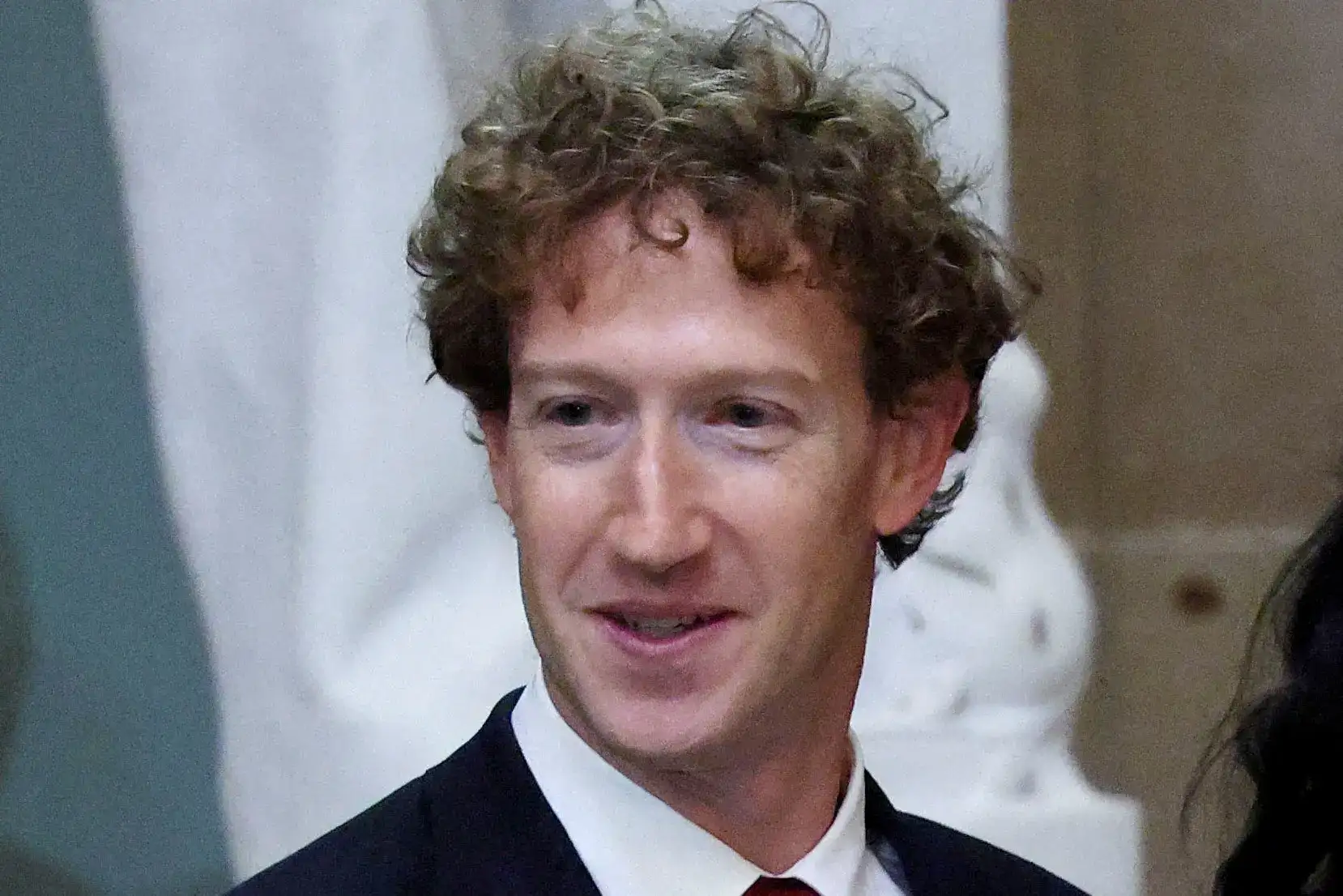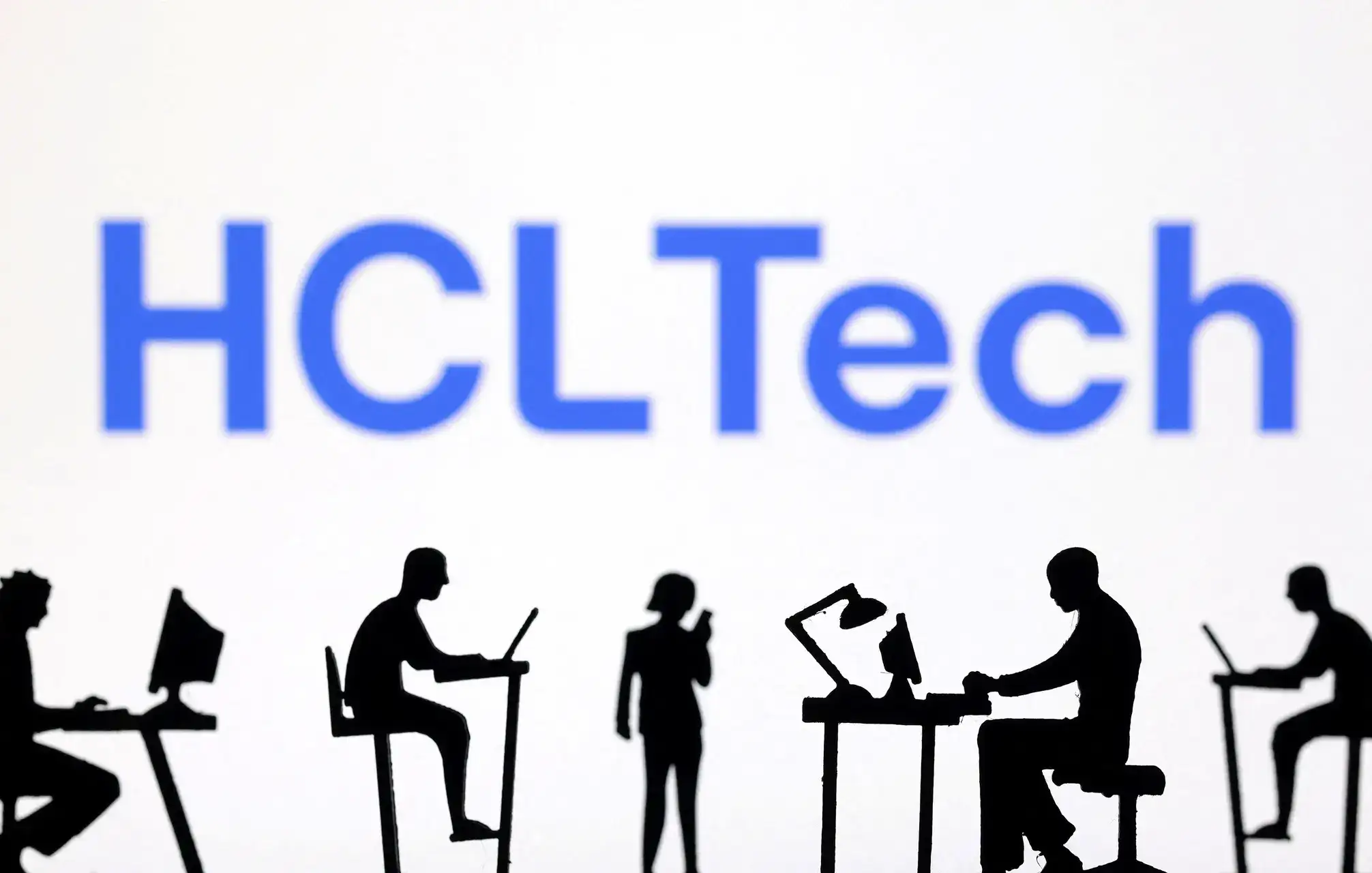Also in the letter:
■ Zuckerberg pushes back
■ The big, fat crypto bet
■ HCLTech fresher plans
Quick-fashion delivery startups attract fresh VC capital

Investor interest is heating up in the quick-fashion delivery space, as startups promise curated, on-trend styles delivered swiftly.
Who’s raising: Mumbai-based Knot just raised $3 million in a round led by Kae Capital, with Sparrow Capital and the founders of Snitch, Souled Store, and Bonkers Corner also backing the startup. Knot plans to expand to Delhi, Bengaluru, and Pune.
- In Gurugram, Zulu Club bagged $250,000 from TDV Partners.
- Silkk raised $10 million to fuel its 60-minute delivery model.
- Snitch raised $40 million to explore quick commerce.
- Newme pulled in $18 million to ramp up its Gen Z push.
The shopper shift: “Shopping is no longer about casual browsing. It’s event-led, mood-driven and shaped by what people see on Instagram,” says Knot’s cofounder Archit Nanda.
On investors’ radar: The model borrows from the same playbook that transformed grocery delivery, this time with fashion in its sights – a sector long due for a shake-up. Agile delivery, trend-first merchandising, and the promise of instant gratification are fuelling this fresh capital rush.
Also Read: Rapid fashion delivery gathers pace, but long-term viability in question
Skilling, not just scale, will define India’s AI edge: Coursera CEO

Greg Hart
India could become Coursera’s biggest market by 2026, says CEO Greg Hart, but only if it plugs critical gaps in AI skills.
Current standing: The country already has 30 million users, second only to the US, and is growing at 20% annually. Yet, on Coursera’s AI Maturity Index, India ranks 46th, trailing countries like Japan and Israel.
What’s holding it back: The hurdle isn’t scale, but readiness. India’s deep pool of IT talent has yet to translate into strength in generative AI, a key area for future job opportunities and economic growth.
Economic stakes: Hart believes India could add $1.5 trillion to its GDP by 2030 through AI, a significant lift for its $4.1 trillion economy. And, there are bright spots:
- Gen AI courses are seeing faster uptake among women, hinting at a wider cultural shift.
- Coursera’s partnerships with state governments, such as Kerala and Odisha, and clients like Reliance and Infosys, suggest momentum is building.
Hart’s take: “India has the foundation; adding AI on top can create the workforce of tomorrow,” he says.
Sponsor ETtech Top 5 & Morning Dispatch!

Why it matters: ETtech Top 5 and Morning Dispatch are must-reads for India’s tech and business leaders, including startup founders, investors, policy makers, industry insiders and employees.
The opportunity:
- Reach a highly engaged audience of decision-makers.
- Boost your brand’s visibility among the tech-savvy community.
- Custom sponsorship options to align with your brand’s goals.
What’s next: Interested? Reach out to us at spotlightpartner@timesinternet.in to explore sponsorship opportunities.
Top AI talent attracted not just by paycheques: Meta CEO Mark Zuckerberg

Amid an intensifying scramble for top artificial intelligence (AI) talent, Meta CEO Mark Zuckerberg has pushed back against the idea that big money alone is luring researchers to his newly launched Meta Superintelligence Lab.
Driving the news: In an interview with The Information, Zuckerberg argued that access to vast compute power gives researchers greater leverage.
- He called Meta’s lead in compute per researcher a “strategic advantage.”
- While he acknowledged Meta’s financial muscle as a key factor, he also highlighted the appeal of “building a new lab from scratch” as a dealmaker.
Also Read: Meta’s Zuckerberg pledges hundreds of billions for AI data centers in superintelligence push
Galacticos: After losing ground in the race for artificial general intelligence, Meta has gone on the offensive. It has pumped billions into AI firms like Scale AI and pulled in star talent from OpenAI, DeepMind, and Apple.
Huge demand: Meta’s urgency isn’t alone. Speaking at a SoftBank event alongside SoftBank’s Masayoshi Son, OpenAI chief Sam Altman pointed to the voracious global appetite for AI. Altman, also Son’s business partner, stressed that as the technology becomes cheaper and more powerful, the pressure to scale infrastructure and compute will only increase.
India’s wealthy tilt portfolios toward crypto

India’s high-net-worth individuals (HNIs) and family offices are leaning deeper into crypto, as traditional assets such as equities, gold, and bonds offer limited near-term returns.
The trigger: US president Donald Trump’s pro-crypto pivot after last year’s US election win triggered a global rally. Bitcoin shot past $120,000, nearly doubling in value over 12 months. That momentum has shifted the mood in India too – from “why crypto?” conversations turning into “how much and where?” says Atul Ahluwalia of CoinSwitch.
Bigger tickets: Investors holding Rs 50 lakh–Rs 1 crore or more in digital assets make up nearly half of CoinDCX’s trading volume. The platform’s institutional and family office clientele has jumped 50%, according to cofounder Sumit Gupta.
A hedge against volatility: Crypto is increasingly seen as a macro hedge. On Mudrex, Bitcoin, Ethereum, and Solana make up nearly 70% of HNI portfolios, according to Pranjal Agarwal, the exchange’s India market head.
Adoption at scale: India led the world in crypto adoption in 2024, with 119 million investors, nearly 20% of the global holders. Retail may dominate by volume, but the big money is seemingly calling the shots.
Also Read: Bitcoin holds near $118,000 after recent rally; Ethereum, Dogecoin surge up to 6%
HCLTech eyes 15% of freshers for AI, specialist roles

HCLTech is earmarking around 15% of its fresher hiring for specialised and AI roles, in response to the rising demand for advanced tech skills.
“The general assessment is that 15–20% of talent supply is AI-ready, and we’re tracking close to that,” chief people officer Ram Sundararajan said during the company’s post-results briefing.
Driving the news: The firm has been cultivating an “elite cadre” of engineers, offering freshers three to four times the typical starting pay. While there’s no fixed target, Sundararajan indicated this share could rise to 20% depending on availability.
Hiring pulse: In Q1 FY26, HCLTech onboarded 1,984 freshers, bringing its total workforce to 223,151, slightly lower than the March quarter. Attrition dropped to 12.8%, one of the lowest rates in recent years.
Financial snapshot:
- Net profit: fell 10% year-on-year to Rs 3,843 crore, missing estimates,
- Revenue: Rose 8% to Rs 30,349 crore, slightly ahead of expectations.
- Outlook for FY26: Revenue growth of 3–5% in constant currency, with EBIT margins in the 17–18% range.



